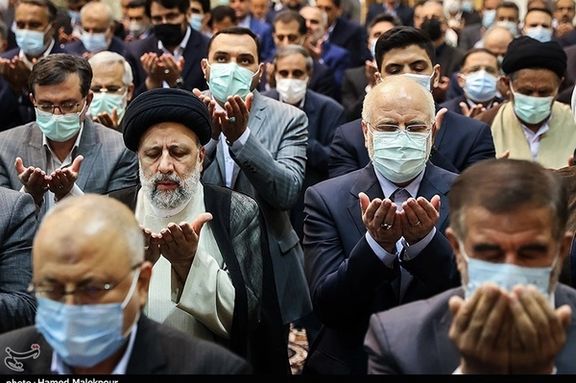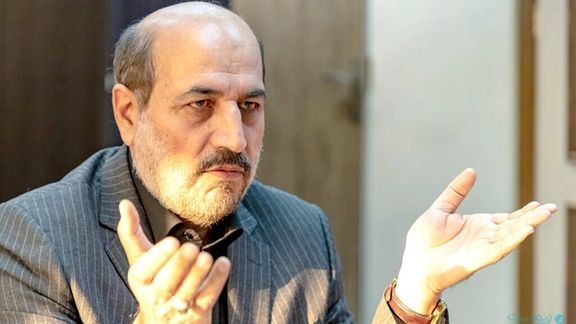Iran Will Restrict Internet Access As Long As Protests Go On

A hard-liner lawmaker in Iran says restrictions on Internet access will remain in place as long as street protests continue.

A hard-liner lawmaker in Iran says restrictions on Internet access will remain in place as long as street protests continue.
Although the Iranian government had hastened efforts to limit access to the Internet in August, it was after the start of nationwide protests following the death in custody of Mahsa Amini, a young woman from Iran's Kurdistan Province, on September 16 that the government imposed an Internet blackout for at least 16 hours a day.
A minimal intranet has been in place to facilitate some banking operations and access to online taxi services. Many Iranians have been complaining on social media that they have been trying several VPNs (virtual private networks) to circumvent the strict censorship and get online to read the news or post videos of the protests.
Lotfollah Siahkali, a hard-line lawmaker, has told the press on Wednesday, that “social media are the biggest venue for the enemies to further their conspiracies, thus, restrictions will continue as long as the protests continue."
Siahkali made the comment about continued restrictions while acknowledging that the Internet disruption causes a huge financial loss for the country on a daily basis. "We should restrict Internet access in the interest of security," he said. He further charged that "protesters are not part of the nation!"
Iran first introduced Internet restriction two decades ago, but the advent of social media created a whole new challenge for censorship.
The Iranian government had started to restrict Internet access gradually since President Ebrahim Raisi took office in 2021. The measure was initiated during the previous government but was continued with renewed rigor and momentum.

The international community, including the US government have criticized violation of human rights including restricting Internet access and vowed to help Iranians to have better access to the Internet. However, according to Donya-ye Eqtesad daily, most VPNs available in the market have been hacked and made useless by Iranian government's agents.
The daily further added that it is highly unlikely that the restrictions imposed on applications such as Instagram and WhatsApp would be lifted. The report by Donya-ye Eqtesad confirmed that Iranians are experiencing serious problems in accessing platforms such as Telegram, Twitter and YouTube even when they use VPNs.
The daily wrote that despite the restrictions, Instagram and WhatsApp were the most popular vehicles of sending videos and reports from Iran. But gradually, during the past 12 days when the protests have been raging on with full force, the government extended its censorship to other applications including LinkedIn, Skype, and Soundcloud. Meanwhile Google Play and Apple App Store have also been filtered to bar Iranians from downloading other applications that still have not been banned.
Iran's Communication Minister Isa Zarepour told Mehr News Agency on Wednesday, "We imposed restrictions on some of the social media platforms that had become vehicles for carrying the protesters messages." He stressed that restrictions would continue as long as the protests go on. However, most observers say the restrictions will remain there for good.
Responding to the concerns about the harm restrictive measures can do to hundreds of thousands of small business particularly on Instagram and Telegram, the official suggested that Iranian businesses should not use foreign applications for businesses. He added that the ministry is trying to develop Iranian applications to be used by the businesses. This is a promise Iranian officials have been making since 2009 when social media filtering first started by the Iranian government. However, a few applications the government has introduced have failed to become popular because the people do not trust them in terms of privacy.